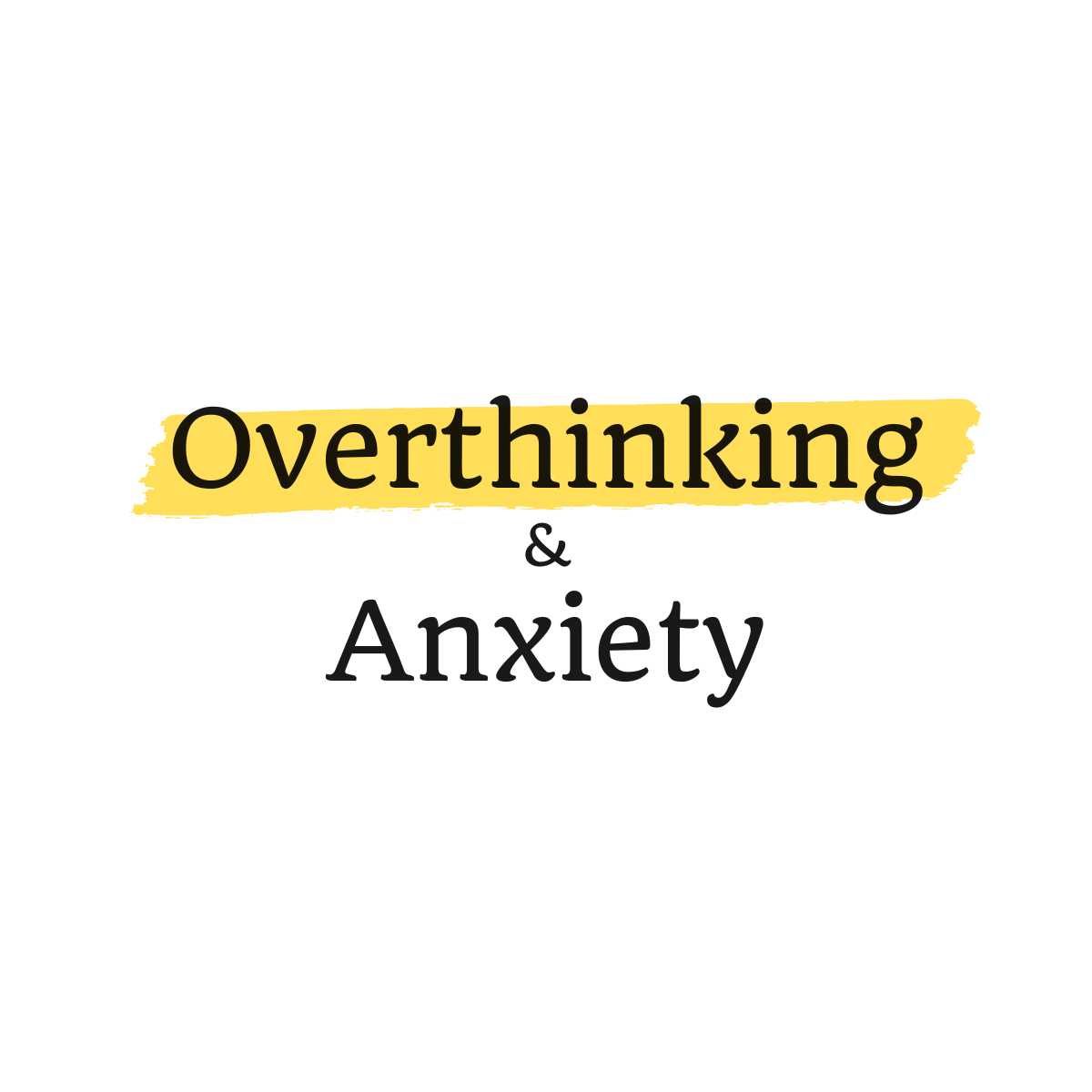Introduction:
Ever feel like you’re faking it, and any moment someone will realize you’re not as capable as they think? If so, you’re not alone. This is Imposter Syndrome—that nagging voice inside that whispers, “I’m not good enough.”
But here’s the thing: if you don’t address this feeling, it doesn’t just go away. It gets stronger. It can lead to:
- Missed Opportunities: Not going for that promotion or taking on new challenges because you doubt your abilities.
- Stagnation: Staying in a job you don’t like because you don’t believe you deserve better.
- Strained Relationships: Holding back in personal relationships, fearing you’re not worthy of love or respect.
- Constant Anxiety: Always feeling like you have to prove yourself, which leads to burnout and stress.
Imposter Syndrome doesn’t just hold you back—it traps you in a small, unfulfilled version of yourself. It’s not just a feeling; it’s a barrier to the life you truly deserve.
Understanding the Real Causes of Imposter Syndrome:
Imposter Syndrome isn’t just about feeling insecure—it’s rooted in something much deeper. Your subconscious mind stores all your past experiences, beliefs, and fears. When you feel like a fraud, it’s because your subconscious is telling you a story: “You’re not good enough.”
Where do these stories come from? Often:
- Childhood Experiences: Maybe you were constantly compared to others and made to feel less than. These comparisons can plant seeds of self-doubt that grow over time.
- Family Beliefs: Sometimes insecurities and limiting beliefs are passed down through generations. Your parents’ fears may have unknowingly become yours.
- Past Trauma: Unresolved emotions from past events, even ones you may have forgotten, can still affect how you see yourself today.
Common Advice on Overcoming Imposter Syndrome:
You’ve probably come across some common strategies for managing Imposter Syndrome. While these can be helpful, they often only scratch the surface:
- Acknowledge Your Feelings: Recognize when Imposter Syndrome is happening.
- Talk About It: Sharing your feelings can make them less overwhelming.
- List Your Achievements: Remind yourself of your successes when self-doubt creeps in.
- Set Realistic Goals: Break tasks down into smaller steps to avoid feeling overwhelmed.
- Mindfulness & Meditation: Reduce anxiety through these calming practices.
These are great starting points, but there’s a reason why surface-level solutions fail to make lasting change.
Why Surface-Level Solutions Fail:
Here’s why these common techniques often fall short:
- Affirmations Don’t Stick: If you don’t truly believe what you’re saying, positive affirmations are like putting a band-aid on a deep wound.
- Mindfulness Misses the Mark: Simply being aware of your thoughts doesn’t change the deeper story your subconscious mind is telling you.
- Journaling Scratches the Surface: Writing things down can help you process feelings, but it doesn’t erase the deep-rooted beliefs that fuel Imposter Syndrome.
The problem? These strategies don’t address the root cause of Imposter Syndrome. You might feel temporary relief, but the underlying belief that you’re not good enough remains.
The Fast-Track to Lasting Change:
If you’re stuck, despite trying these methods, it’s time to dig deeper. To truly break free from Imposter Syndrome, you need to address its root cause—and this often requires expert help.
Here’s how you can finally overcome it:
- NLP Techniques: Neuro-Linguistic Programming (NLP) can help reframe the negative stories your subconscious mind tells you, shifting limiting beliefs.
- Identify the Root Cause: With expert guidance, you can uncover where these beliefs started—whether from a childhood experience, family influence, or past trauma.
- Heal Deep Wounds: Once you know the cause, you can start healing. This isn’t just positive thinking; it’s about rewriting your subconscious mind’s story, so you genuinely believe in your worth.
Real-Life Transformation:
Let’s talk about Asi. She came to me, held back by imposter syndrome. She couldn’t move forward in her career or personal life because she didn’t believe she was good enough. But after just a few sessions of Timeline Therapy and NLP techniques, everything changed. Asi began to see herself in a new light, realizing she was capable and deserving of success. Now, she’s pursuing her goals with confidence, turning what once held her back into her greatest motivator.
Stories like Asi’s aren’t rare. They show the power of addressing the root cause instead of just managing symptoms. When you tackle the deep-seated beliefs causing your imposter syndrome, you can unlock your full potential. Read more success stories.
Who Is This For?
This approach is for those who are tired of letting Imposter Syndrome control their careers, personal lives, and relationships. It’s for those ready to take action and achieve quick, effective results.
But, if you’re comfortable with slow, incremental progress, this might not be the right fit. I’m here to work with those who are ready to embrace real, transformative change.
The Fast Track to True Confidence:
True confidence doesn’t come from quick fixes. It comes from addressing the deep-seated beliefs that hold you back.
“I know there are plenty of DIY tools and general advice out there, but they often don’t go deep enough. From my experience, truly overcoming challenges like imposter syndrome requires more tailored approaches. That’s why I don’t want to waste your time with generic advice—you deserve better!”
When you work with an expert, you can:
- Change the Story: Reprogram your subconscious mind to believe in your worth.
- Overcome Imposter Syndrome: Let go of the beliefs that have been holding you back in your career, personal life, and relationships.
- Move Forward with Confidence: Finally, feel like you deserve your success and are capable of achieving greatness in all areas of your life.
As a 2x award-winning Timeline Therapy practitioner and Master NLP Coach, I’m committed to delivering results that last. My clients typically see a transformation in just 6 to 10 sessions—without the need for ongoing effort or practice. I guarantee that you’ll experience real change, or you’ll know it’s time to explore a different path.
Frequently Asked Questions:
I’m already working with a therapist or psychologist, but I’m not seeing results. What should I do?
Ask yourself: Are you truly getting the results you want, or are you just coping? If you’ve been working with a therapist or another expert for more than three months and still haven’t seen significant progress—like even 50% improvement—it’s time to rethink your approach.
Consider what might be missing. Are the techniques they’re using tested and effective, or do you feel like you’re just going through the motions, answering the same questions over and over? Don’t get caught up in the sunk cost fallacy—the idea that you need to stick with something just because you’ve already invested time or money in it. Your time and well-being are too valuable to waste. It’s crucial to work with someone who can provide real, measurable results.
I’ve already done some work in personal development courses. Why should I take this path or work again?
Personal development courses can provide valuable insights and tools, but they often focus on broad strategies rather than addressing your specific, deep-rooted issues. If you’ve completed these courses but still find yourself struggling with imposter syndrome or feeling stuck, it’s a sign that there may be unresolved beliefs or emotions holding you back. This path is about going deeper—working one-on-one with an expert who can tailor techniques specifically to your needs and help you achieve lasting change. It’s not about starting over; it’s about building on what you’ve already learned and finally breaking free from the barriers that have been keeping you from reaching your full potential.
I’m in a high position in my career, and my ego tells me I don’t need help. How do I overcome this?
It’s common for people in higher positions to feel like they should have all the answers, and asking for help might seem like admitting weakness. But deep down, you know that something is holding you back. Imposter syndrome doesn’t discriminate; it can affect anyone, regardless of status. The first step is recognizing that getting help doesn’t make you less capable—it makes you stronger. It’s about taking control of your life and ensuring you reach your full potential without letting ego stand in the way.
Conclusion:
Imposter syndrome isn’t something you have to live with. But you can’t fix it by scratching the surface. You need to go deep, uncover the root cause, and heal it. That’s where true confidence comes from.
Ready for Real Change?
Don’t let imposter syndrome—whether in your career, personal life, or relationships—keep you from achieving your true potential. If you’re ready to turn your setbacks into stepping stones, click here to schedule a consultation and discover how you can overcome your Imposter Syndrome and achieve the life you truly desire.
Let’s work together to change the story your mind is telling you.
Still have questions? Email me at [email protected].








